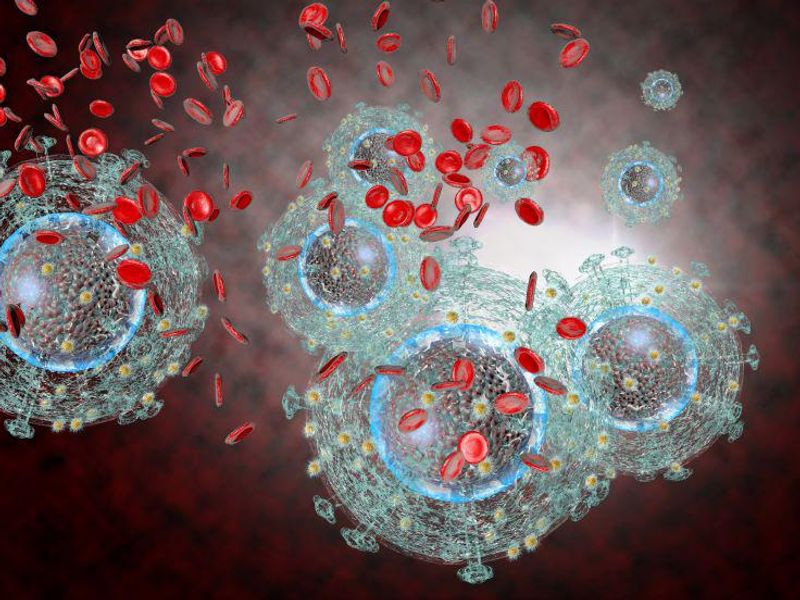Among the concerns are that HIV testing has slowed or stopped in places dealing with COVID-19 surges
THURSDAY, July 28, 2022 (HealthDay News) — Efforts to end the global HIV epidemic have slowed as money and attention go toward fighting COVID-19, a new report shows.
Among the concerns are that HIV testing has slowed or stopped in places dealing with COVID-19 surges. HIV infections have climbed in parts of Asia and the Pacific, where they had been falling. A global decline in new infections is leveling off instead of dropping as it had been for years, endangering the U.N. goal of fewer than 370,000 new HIV infections by 2025. Last year, there were still 1.5 million. About 650,000 people died last year from AIDS-related illnesses, the report revealed.
Disparities continue to grow for women and girls. In sub-Saharan Africa, women and teen girls are three times as likely to get HIV as boys and men. A teen girl or woman was newly infected every two minutes last year, the Associated Press reported. Meanwhile international aid has dropped, leaving low- and middle-income countries with $8 billion less than they need to fund efforts, the report showed.
In contrast to these troubling alarms, the International AIDS conference in Montreal this week will highlight promising progress in efforts to treat those with the disease.
For example, scientists are looking at the case of a woman in Spain, where her own immune system seems to have kept her HIV at an undetectable level for 15 years. She was part of a research study in 2006 that included immune-boosting treatments. University of Barcelona researchers are not sure why she is doing so well, the AP reported.
And in the United States, a 66-year-old HIV-positive man had a bone marrow-like transplant to fight leukemia in 2019. He is now in remission and has been off his AIDS medication for 17 months with no signs of HIV, according to Jana Dickter, M.D., of City of Hope, a California cancer research center. The man, who had HIV for 30 years, received transplanted stem cells from a donor who happened to carry a rare gene mutation that made the cells resistant to HIV. He is both the oldest and longest-living person with HIV to undergo this potentially curative transplant, according to the AP.
Associated Press Article
Copyright © 2022 HealthDay. All rights reserved.








